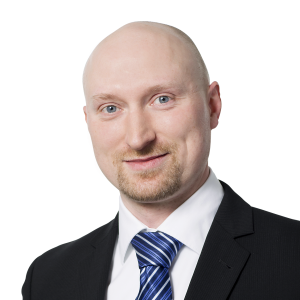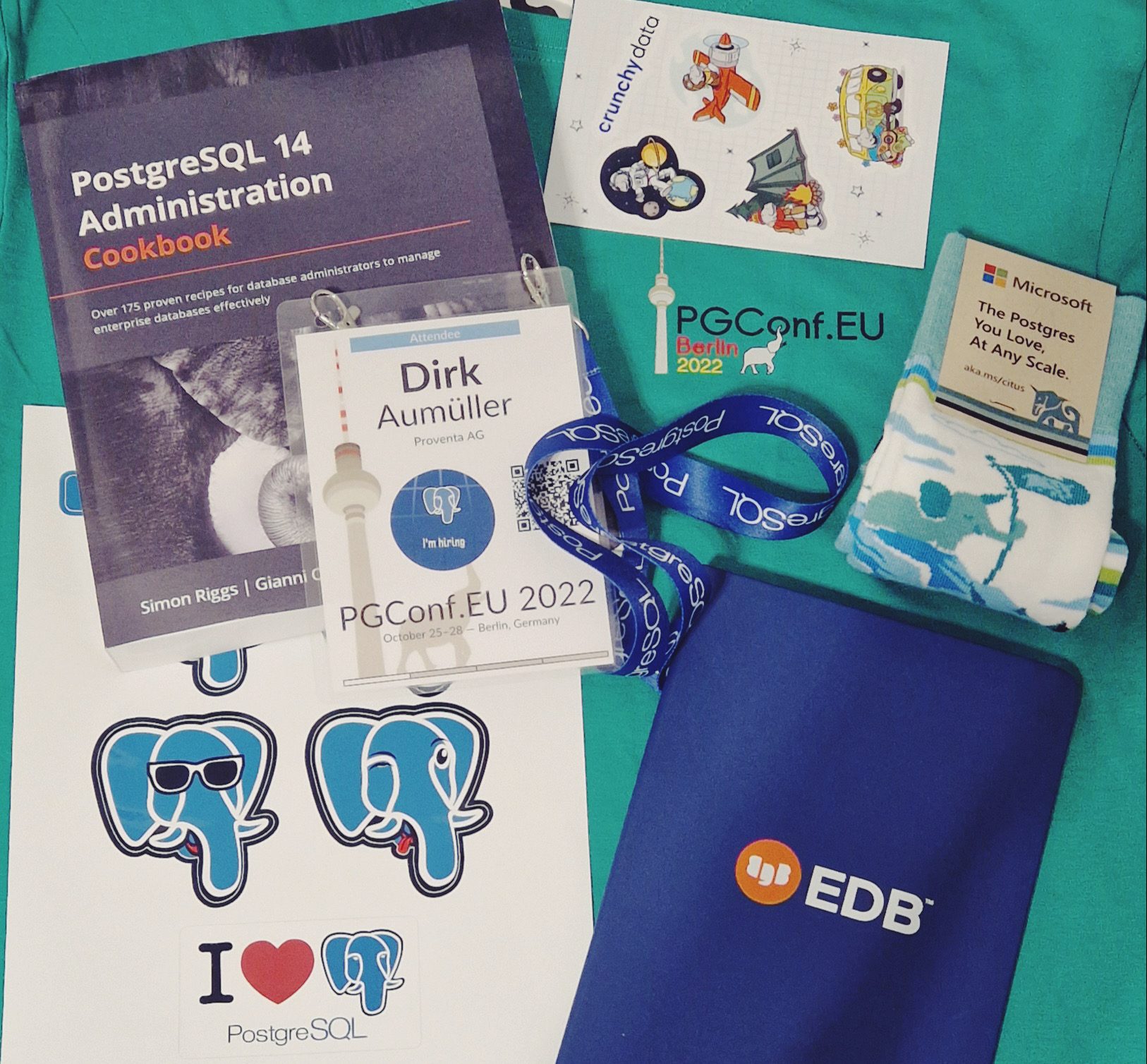My impressions of the PostgreSQL Conference Europe 2022 in Berlin.
Finally, after a forced break of two years, PostgreSQL Conference Europe took place again from October, 25th to 28th in Berlin, Germany. The conference was organized in the Marriott Berlin hotel, a few meters away from Brandenburger Tor. A total number of 604 tickets were available and completely sold out. There was even a waiting list for stragglers in hope of a ticket. As a bonus addon to the conference and to enable parents to attend, a professional childcare services was provided, too.
How was the conference?
It was a joy for me to get into contact with the community again, talking to friends and colleagues, other experts, and leading contributors of PostgreSQL. I am always amazed about the amount of knowledge concentrated at such an event. The talks and discussions covered a wide range of topics and technologies, not only dealing with PostgreSQL itself. You can ask questions and, rest assured, the community answers and helps patiently, embracing new people to join.
New features and interesting talks
PostgreSQL Development Group (PGDG) releases each year a new major version of PostgreSQL. This year’s release number is 15. It includes a great number of new features, e.g., the MERGE command or pg_basebackup server and client compression options. So, it is no surprise that some talks showcased these new features to the audience. Additionally, several talks dealt not only with the current state of PostgreSQL but proposed future changes and new features for the community to discuss. Just to mention one, the talk by Gregory Stark about creating a standardized interface for performance metrics useful for monitoring tools caught my attention. There is already a ton of possibilities available (some with drawbacks), but you must know where to look and for what.
On the other hand, PostgreSQL is not only the Relational Database Management System (RDBMS) by itself. A ton of third-party extensions and applications for various use cases extend PostgreSQL. Most of these talks presented new features or how to solve a certain problem by implementing these. I do like to mention here Alexander Kukushkin’s talk about the implementation of failover slots for logical replication in Patroni, because it is quite often required by customers using Debezium to capture changed data for Kafka.
Last, but not least, it is optional for speakers to make their slides available to the audience. Have a look at the schedule and checkout the available slide decks.
Cheers to the PostgreSQL staff for the organization of this amazing event!

